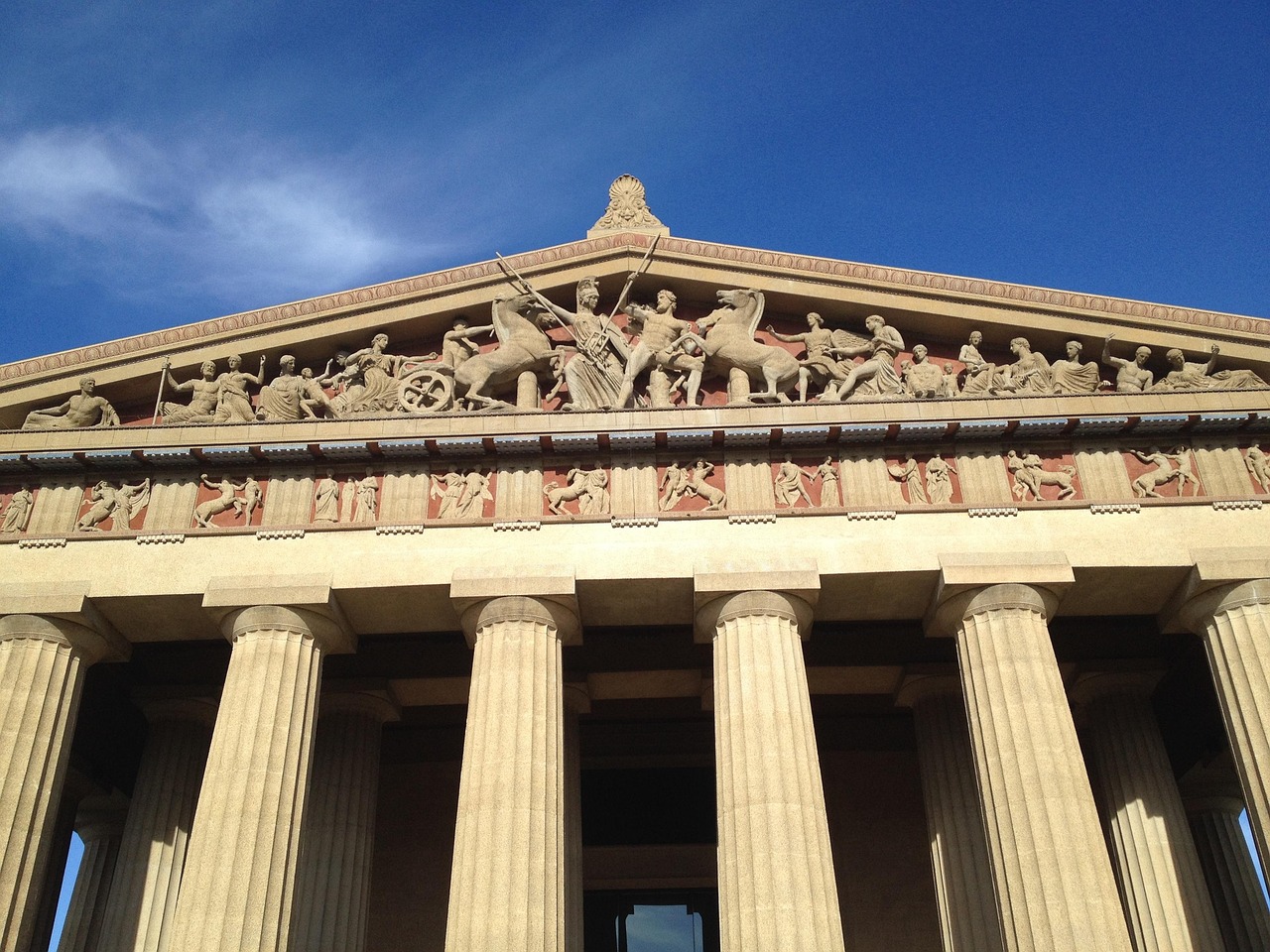The article delves into the diverse and fascinating aspects of Chinese culture, focusing on its rich history and traditions. It emphasizes the importance of understanding the cultural nuances and values that have shaped China over centuries. The exploration covers various facets, including language, art, literature, and philosophy, highlighting their significance in the global context. The piece encourages readers to appreciate the depth and complexity of Chinese culture through the English language, fostering cross-cultural understanding and appreciation.
Chinese culture is a vast and intricate tapestry woven with threads of history, philosophy, art, and tradition that span thousands of years. It is a culture that has not only shaped the lives of its people but has also influenced the world in profound ways. In this article, we will delve into the essence of Chinese culture, exploring its various facets and the impact it has had on global civilization.
Ancient Civilization and Historical Context
China's history dates back to the 21st century BCE, with the rise of the Xia Dynasty, marking the beginning of a long and storied past. The subsequent dynasties, including the Shang, Zhou, Qin, and Han, laid the foundation for what would become a rich cultural heritage. Each dynasty contributed to the development of Chinese culture, with innovations in governance, philosophy, and technology.
The Qin Dynasty, for instance, is known for unifying China under a single rule and standardizing the written language, which facilitated communication and cultural exchange across the vast empire. The Han Dynasty further expanded the empire and saw the Silk Road's establishment, which connected China to the rest of the world, leading to cultural and economic exchanges that enriched Chinese culture.
Philosophy and Spirituality
Chinese philosophy is deeply rooted in the teachings of Confucianism, Taoism, and Buddhism. These philosophies have shaped the moral, ethical, and spiritual landscape of Chinese society.
Confucianism, founded by Confucius in the 6th century BCE, emphasizes moral integrity, social harmony, and the importance of education. It has been a guiding principle for governance and personal conduct in China for centuries. The Analects of Confucius, a collection of his sayings and ideas, is still revered today.
Taoism, on the other hand, is a philosophy that values living in harmony with the Tao, or the natural order of the universe. It advocates for simplicity, humility, and a deep connection with nature. The Tao Te Ching, attributed to Laozi, is a foundational text that encapsulates the essence of Taoist thought.
Buddhism, which originated in India, was introduced to China during the Han Dynasty and has since become an integral part of Chinese culture. It teaches the Middle Way, a path that avoids extremes and leads to enlightenment. The integration of Buddhism with indigenous Chinese beliefs has resulted in a unique form of Buddhism that is distinctly Chinese.
Art and Literature
Chinese art and literature are renowned for their beauty and depth. From the intricate brushwork of traditional Chinese painting to the rhythmic cadence of classical poetry, the artistic expressions of Chinese culture are diverse and profound.
Calligraphy, the art of writing Chinese characters, is considered a high art form. It is not just about the written word but also about the beauty of the strokes and the flow of the ink on paper. Each character is a work of art, reflecting the书法家's skill and the essence of the word it represents.
Chinese painting, often characterized by its use of ink and wash technique, captures the essence of landscapes, people, and animals with a minimalist approach that leaves much to the imagination. The emphasis is on capturing the spirit of the subject rather than a detailed representation.
In literature, the Chinese have a rich tradition of poetry, with poets like Li Bai and Du Fu achieving legendary status for their contributions to the poetic form. Their works often reflect on nature, love, and the human condition, and they continue to inspire readers to this day.
Traditional Festivals and Customs
Chinese culture is also marked by its vibrant festivals and customs, which are deeply rooted in the lunar calendar and ancient traditions. The most significant of these is the Spring Festival, also known as Chinese New Year, which marks the beginning of a new year and is celebrated with family gatherings, feasting, and the giving of red envelopes containing money for good luck.
The Mid-Autumn Festival is another important celebration, where families come together to admire the full moon and enjoy mooncakes, a traditional pastry filled with sweet fillings. The Dragon Boat Festival, commemorating the ancient poet Qu Yuan, features dragon boat races and the consumption of zongzi, a sticky rice dumpling wrapped in bamboo leaves.
Culinary Traditions
Chinese cuisine is a culinary adventure that varies greatly from region to region, reflecting the country's vast geography and diverse ingredients. From the spicy kick of Sichuan dishes to the delicate flavors of Cantonese dim sum, Chinese food is a testament to the country's rich culinary heritage.
Tea culture is another integral part of Chinese life, with tea ceremonies and the art of tea drinking being a social and meditative practice. The variety of teas, from green to black to oolong, each with its unique flavor profile, is a reflection of the country's diverse terroir and processing techniques.
Conclusion
Chinese culture is a complex and multifaceted entity that has evolved over millennia, absorbing new ideas and influences while maintaining its core values. It is a culture that values harmony, respect for tradition, and the pursuit of knowledge. As we explore the richness of Chinese culture, we gain a deeper understanding of the world's oldest continuous civilization and its enduring contributions to human history.






 京公网安备11000000000001号
京公网安备11000000000001号 京ICP备18057566号-3
京ICP备18057566号-3